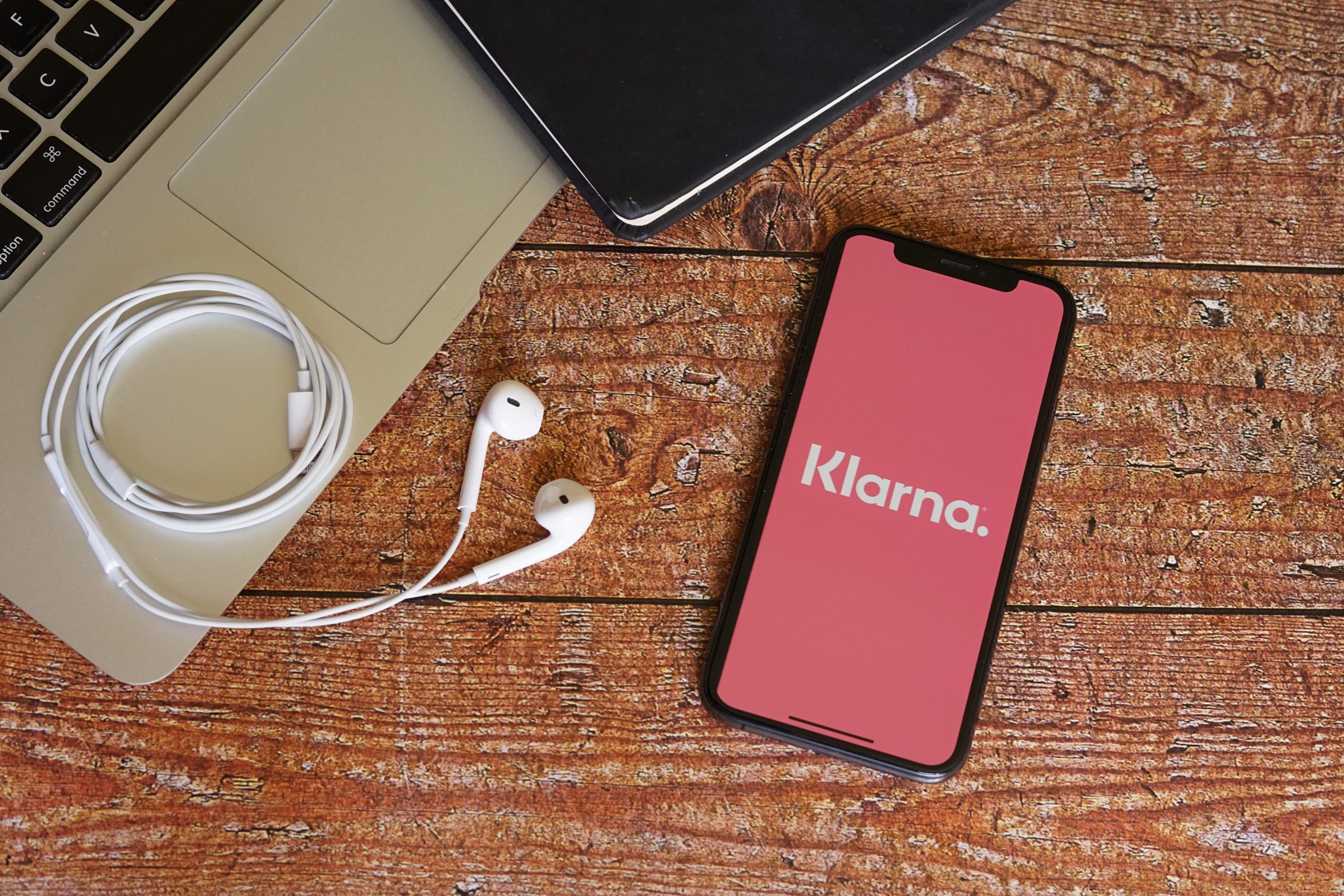Credit Cards & Loans
Klarna shoppers can opt out of using credit to avoid spending temptation

The buy now, pay later firm claims to have launched the UK’s first ‘opt-out’ feature, allowing users to temporarily deactivate credit options after it was recently suggested by an MP.
Likening the ‘opt-out’ feature to ‘meal planning’ as a way of managing self-control, Klarna said those who pre-prepare meals for the week “are better at sticking to a healthy diet than those who decide what to eat each time they open the fridge”.
In the same way, the voluntary opt-out tool in the Klarna app, which has been downloaded by nine million people in the UK, will allow users to “pre-decide” not to use its credit options: Klarna Pay in 30, Pay in 3 and other financing products.
Essentially, it’s putting a temporary block on the availability of credit when it comes to making a purchase before you’re tempted to use buy now, pay later when you’re hungry or want a new pair of trainers. But you can only opt out if you have the latest version of the Klarna app.
While Klarna makes it easy for users to opt out of using the credit options, it’s deliberately made it much harder to get it set up again. Here users will need to call Klarna’s customer service team so you can’t just switch a toggle back in your settings. It confirmed this is a freephone number.
Buy now, pay later use on the up
The use of Klarna and other buy now, pay later (BNPL) firms has soared in recent years, and while for some it’s for convenience allowing them to make a purchase now but pay for it later in instalments, for others, they’ve become reliant on the form of credit.
Sara Williams, founder of Debt Camel, said: “Many people find Klarna just too easy to use too often. Spreading payments with no interest being added sounds so sensible, but it still means that you have less money next month because of the repayments. So you may use BNPL again, as a way to get through the next month.
“Used once, it is a convenience. Used regularly, many find it is a trap that it’s not easy to escape from. And when they have paid off the Klarna purchases, they may want to remove the temptation to use Klarna again.”
Williams added that before the new opt-out, shoppers had to talk to Klarna customer services. “Making this easier is a good idea and this new opt-out will help”, she said.
How to set up the opt-out
To set this up, go to your settings tab in the Klarna app and select ‘deactivate credit’. Once it’s been deactivated, you’ll be taken to a page of resources and support for those dealing with indebtedness.
Klarna said that when a customer misses a payment, it will automatically restrict access to credit services to prevent debt building up. Earlier this year, Klarna introduced a £5 late payment fee.
It added that it lends to those who can afford to repay by conducting strict eligibility checks on each transaction.
Suggestion ahead of regulation
The idea behind the opt-out service came from Andrew Griffith MP, UK economic secretary to the Treasury following a meeting with Klarna’s CEO and co-founder, Sebastian Siemiatkowski.
Klarna said he “liked it so much” that he “worked with his product teams to implement a first version of the feature less than a month after the meeting”.
Siemiatkowski said: “As a leader in responsible credit, we always put our customers’ interests first.
“Unlike credit card companies, who push you to put all your purchases on credit, we believe that consumers should only use credit when it makes sense for them. That’s why I loved Andrew’s suggestion of a voluntary credit ‘opt-out’, so people are in control of their finances.”
He has urged traditional credit providers to follow its lead.
BNPL is yet to be regulated, but in February the Government set out proposals to regulate the buy now, pay later sector as it looks to protect 10 million customers who use the “quick and easy” forms of credit.
Griffith said, “As this Government seeks to protect UK borrowers by bringing forward proportionate regulations for buy now, pay later products, I welcome this initiative which shows how a responsible business can use innovation to help protect vulnerable customers.”